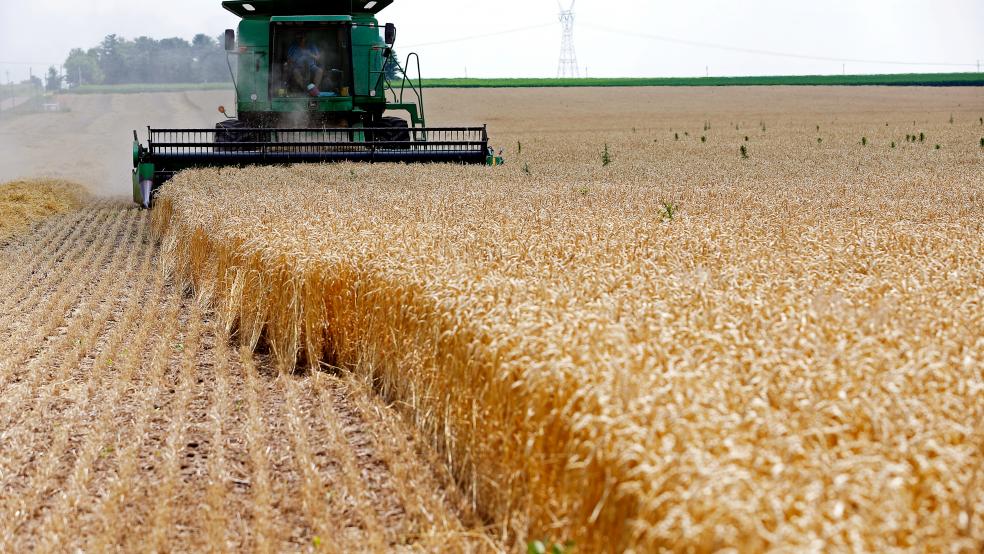The federal farm bill expired at midnight on Sunday, leaving dozens of programs in limbo until Congress can pass a new spending package or an extension of the old one. Lawmakers were unable to agree on several key issues in the latest version of the bill, a massive, comprehensive omnibus that comes up every five years or so and is expected to authorize roughly a trillion dollars in spending over the next decade.
Both the House and the Senate passed versions of the farm bill back in June. The four top negotiators in Congress – Pat Roberts (R-KA) and Debbie Stabenow (D-MI) in the Senate and Michael Conaway (R-TX) and Collin Peterson (D-MN) in the House – do not intend to vote on a new bill until after the midterm elections, Politico reported.
Food stamps are a key sticking point: The House version of the bill includes tougher work requirements for the Supplemental Nutrition Assistance Program (SNAP) but the Senate version does not. The work requirements would reduce national participation in state-level food stamps programs by about one million over 10 years, according to Congressional Budget Office data reviewed by the Center on Budget and Policy Priorities. The House version would also provide billions in job training.
But there’s plenty else, too: The bill is noted for its size and breadth, and lawmakers still need to agree on a raft of proposals ranging from conservation practices to a first-ever definition of “biostimulants” for the agricultural sector.
What to expect: Farm bills can take a while to get through Congress and extensive delays are not usual. The most recent bill, which passed in 2014, took 21 months and two Congresses to work out, Roll Call reports, so get ready for more debate and possible short-term extensions in November or December.




